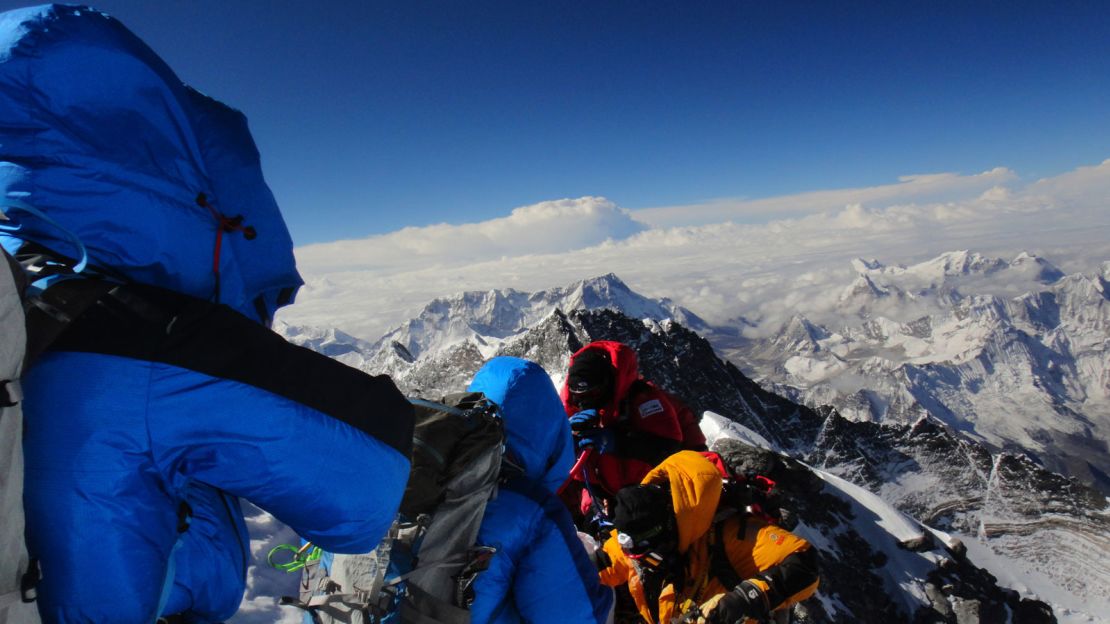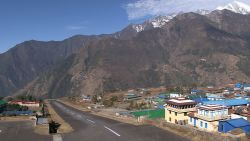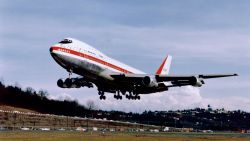Climbing Mount Everest has long been on the top of mountaineers’ bucket lists, but it seems the prospect of taking it on solo is no longer a reality.
Nepal has amended its mountaineering regulations, prohibiting foreign individual climbers from scaling all mountains in the country without an escort.
Double amputee and blind climbers are also banned (with the exception of those who obtain medical certificates) as part of the new guidelines, which were implemented in a bid to reduce accidents and climbing-related deaths.
While it’s unclear exactly when the ban comes into effect, it will apply for the spring 2018 climbing season.
New regulations

“The mountaineering regulation has been amended to improve safety of the climbers and has delegated more power to the Department of Tourism to function independently,” Tourism Secretary Maheshwar Neupane told the Kathmandu Post.
“It has also ensured the rights of high-altitude Nepali guides and climbers.”
The tourism department say they hope the ruling will create more jobs for Nepali mountain guides.
Climber backlash

The new rules have provoked criticism from aspiring Everest climbers including Gurkha veteran Hari Budha Magar, who lost both his legs in an explosion while deployed in Afghanistan and has been training to climb the tallest and most famous mountain in the world for the last 18 months.
“This rule is discrimination against disabled people and against human rights,” he wrote in a lengthy post on Facebook.
“The Nepalese government should encourage disabled people to come out of their comfort zone, explore themselves and reach their maximum potential, not ban them from doing things.”
Magar say he still intends to scale Everest, which has an elevation of 29,035 feet.
An estimated 600 people travel to Nepal with the hope of reaching the summit each year.
Climbing permits, which are issued by the government, cost $70,000 for a group of seven and remain a major source of revenue for the country.
However, the safety of mountaineers has long been a concern and at least six climbers died on the mountain in 2017, including 50-year-old Slovakian Vladimir Strba, who fell ill near the summit of South Col in May.
It’s believed that around 300 people have lost their lives on the mountain since 1920, with the vast majority of the deaths occurring since 1920.
Exposure or acute mountain sickness are among the main causes, as well as avalanches and falls.



















